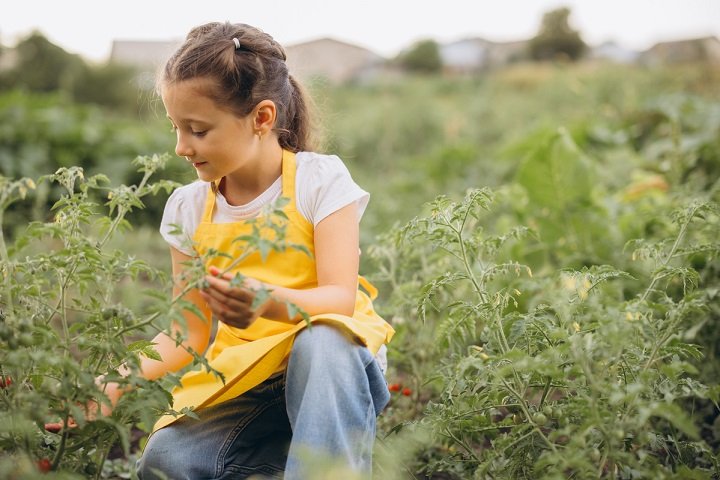
Conflict in the Middle East Endangers Agricultural Biodiversity
- foodfightadmin
- October 8, 2024
- Agriculture, Climate Change, Global Hunger
- adlps, ads pages
- 0 Comments
In the Bekaa Valley, located along the Lebanon-Syria border, waves of war have decimated rural populations and destroyed food supplies, forcing many to flee. Fields are being burned, water sources are being contaminated, and vital infrastructure is being sabotaged. Seed banks themselves have become targets, with missiles striking dangerously close to facilities that house some of the world’s most valuable agricultural biodiversity.
The International Center for Agricultural Research in the Dry Areas (ICARDA) has five facilities in Lebanon’s Bekaa Valley. These seed banks store and regenerate crops like barley, chickpeas, lentils, and grass peas, which are vital for ensuring food security in increasingly arid regions. Although the banks have not been hit directly, nearby infrastructure, such as electricity and water systems, has been damaged. The staff, many of whom live in refugee camps, are being forced to flee or hide.
This is not the first time seeds have been displaced by war. Some of the seeds stored at ICARDA have been moved multiple times due to conflict – first looted in Afghanistan, then relocated to Iraq, Syria, and Norway’s Svalbard seed vault before finding a temporary home in Lebanon.
ICARDA’s collection includes seeds that are specifically adapted to survive extreme heat, drought, and poor soil—traits that are increasingly important as climate change accelerates. These seeds represent the future of food security, especially for farmers with limited resources.
Today’s violence threatens to put decades of research and conservation efforts at risk. Since ICARDA opened its seed bank in Lebanon in 2016, it has regenerated close to 25,000 distinct kinds of seeds, preserving them for future use. The current conflict endangers the entire network of agricultural experiment stations in the Bekaa Valley.
The world cannot afford to let these seeds become a casualty of war. Protecting them is a responsibility we all share, and one that we must take seriously before it is too late.
Conflict in the Middle East is threatening both human lives and the foundation of our global food supply. Agricultural botanists flag that critical seed banks and agricultural facilities are now at risk.
In the Bekaa Valley, located along the Lebanon-Syria border, waves of war have decimated rural populations and destroyed food supplies, forcing many to flee. Fields are being burned, water sources are being contaminated, and vital infrastructure is being sabotaged. Seed banks themselves have become targets, with missiles striking dangerously close to facilities that house some of the world’s most valuable agricultural biodiversity.
The International Center for Agricultural Research in the Dry Areas (ICARDA) has five facilities in Lebanon’s Bekaa Valley. These seed banks store and regenerate crops like barley, chickpeas, lentils, and grass peas, which are vital for ensuring food security in increasingly arid regions. Although the banks have not been hit directly, nearby infrastructure, such as electricity and water systems, has been damaged. The staff, many of whom live in refugee camps, are being forced to flee or hide.
This is not the first time seeds have been displaced by war. Some of the seeds stored at ICARDA have been moved multiple times due to conflict – first looted in Afghanistan, then relocated to Iraq, Syria, and Norway’s Svalbard seed vault before finding a temporary home in Lebanon.
ICARDA’s collection includes seeds that are specifically adapted to survive extreme heat, drought, and poor soil—traits that are increasingly important as climate change accelerates. These seeds represent the future of food security, especially for farmers with limited resources.
Today’s violence threatens to put decades of research and conservation efforts at risk. Since ICARDA opened its seed bank in Lebanon in 2016, it has regenerated close to 25,000 distinct kinds of seeds, preserving them for future use. The current conflict endangers the entire network of agricultural experiment stations in the Bekaa Valley.
The world cannot afford to let these seeds become a casualty of war. Protecting them is a responsibility we all share, and one that we must take seriously before it is too late.








